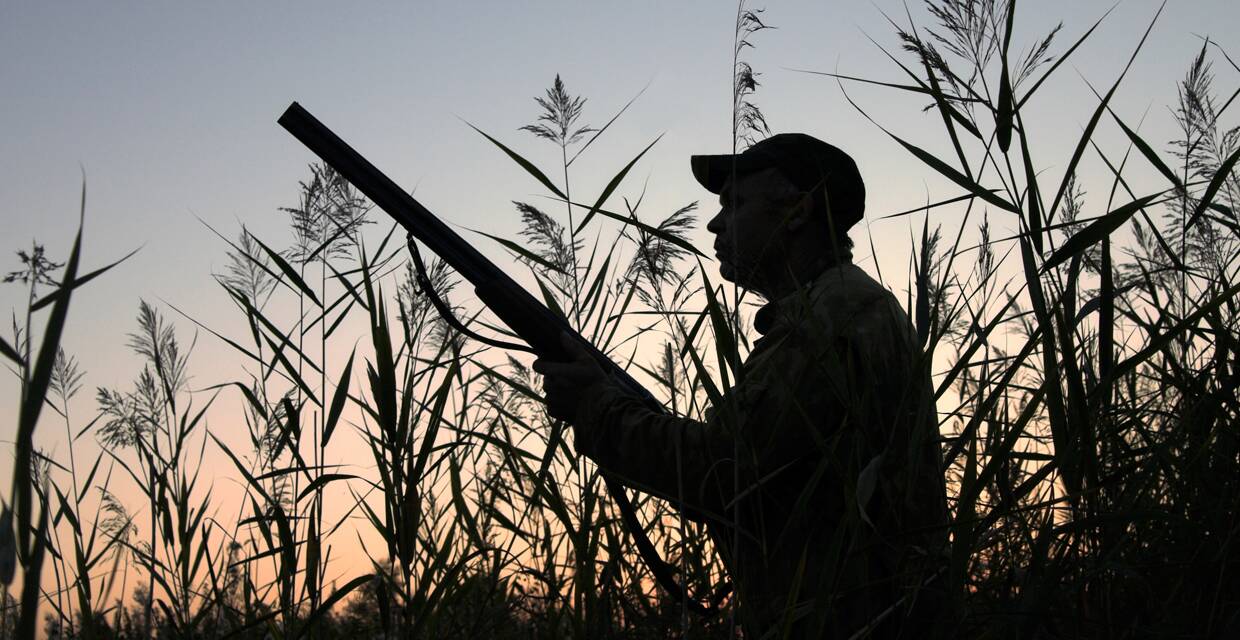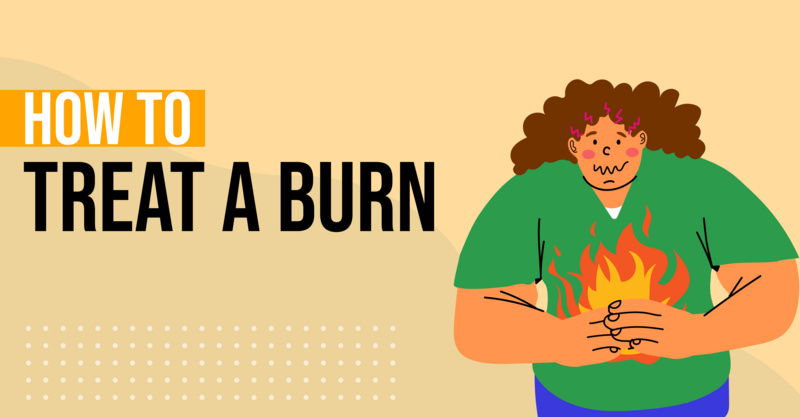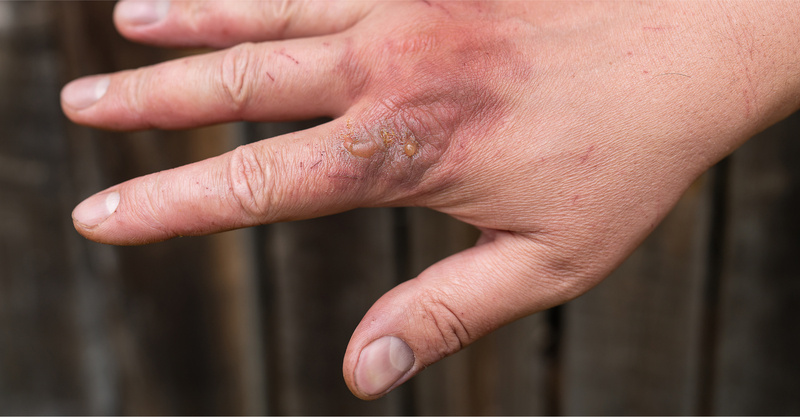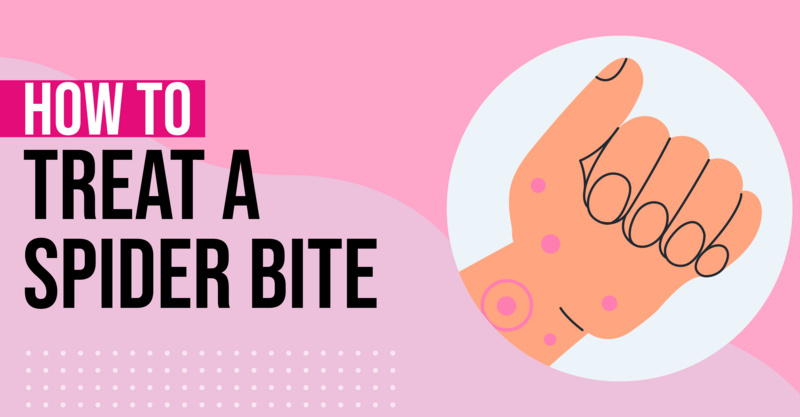Key Points
- The article identifies five common hazards during hunting season: falls from hunting stands, shooting rifles too close to fellow hunters, wearing improper clothing leading to hypothermia, animal bites, and weapon mishaps.
- To prevent falls from hunting stands, the article suggests inspecting and reinforcing stands before use, and knowing the nearest medical clinics for immediate treatment in case of injuries.
- The article advises wearing hunting earplugs and maintaining a safe distance from fellow hunters while shooting to prevent ear injuries. It also recommends announcing before shooting.
- Wearing appropriate clothing, especially in cold, wet, or damp areas, can prevent hypothermia or frostbite. Dressing in layers, bringing extra items like socks, and investing in good hunting boots, gloves, and hats are recommended.
- The article warns against getting too close to animals while hunting to avoid bites, and emphasizes the importance of understanding how your hunting weapon works to prevent mishaps.
In many areas, hunting season has arrived. But, before you head out are you aware of some of the worse hunting mishaps and how to avoid them? Here are five hunting dangers.
Falls from Hunting Stands
Whether you're on a duck blind or a tree stand waiting for wildlife to come into range, is the hunting stand safe and sturdy? Moisture, other weather conditions, and even insects, can damage hunting stands during the off-season. If you climb up on one that hasn't been inspected or reinforced, it may break. This could result in falls which can cause injuries like broken bones, cuts, or scrapes from debris on the ground. It's essential you know the locations of the nearest walk-in clinics to obtain medical treatment in the event of an injury.
Shooting Rifles Too Close to Fellow Hunters
Hunters do try to keep safety in mind, very often however, a hunter may get too eager and fire a weapon while they're standing close to fellow hunters. These loud explosions that come without warning can cause ear drum injury which can lead to hearing loss. It's best to wear recommended hunting earplugs at all times to make sure this type of accident doesn't occur. Also, pay attention to where others are nearby and announce you're about to shoot.
Wrong Clothing Can Lead to Hypothermia
Fall is the most popular season for hunting. When you head out to areas that are wet, damp, or cold, if you aren't wearing the proper clothing you could suffer from hypothermia or frostbite. American Hunter offers a good list of what to wear to guarantee you stay warm on long hunts. It's essential to dress in layers and bring extra items like socks in case they get wet, and invest in good hunting boots, gloves, and hats to keep your head and extremities warm. If you or another hunting pal fears hypothermia or frostbite is setting in, end your hunt and head to the nearest urgent care location for emergency medical care.
Related: Take a Hike! (And Do It Safely)
Animal Bites
Don't get too close to the animals you're hunting. Even smaller game like squirrels and rabbits can bite if you invade their space too closely. Not only may you suffer a severe animal bite, if the animal is rabid, you may need rabies treatment to prevent this deadly disease from spreading throughout your body. If you are bitten, find retail clinics with physicians trained in emergency care.
Related: Ouch! How to Identify Your Bug Bite
Weapon Mishaps
All types of weapons are used to hunt including crossbows, rifles, and handguns. Make sure you know how your hunting weapon works. It's best to receive training before you head out on your hunting excursion. This is important for new hunters and those who just purchased a new hunting weapon or received one as a gift. Take yourself and your weapon to a hunting expert who can show you how to use the weapon properly and offer essential safety tips.
The hunting season is something hunters
and wannabe hunters look forward to every year. Wild game is delicious
when cooked. Just one deer can keep your freezer stocked for the winter
and you'll still have enough to share with friends and family. If you
keep in mind these five tips, you're hunting trips will be fun, safe,
and successful.
Frequently asked questions
What are some common hunting mishaps?
Some common hunting mishaps include falls from hunting stands, shooting rifles too close to fellow hunters, wearing the wrong clothing leading to hypothermia, animal bites, and weapon mishaps.How can falls from hunting stands be avoided?
Falls from hunting stands can be avoided by ensuring the stand is safe and sturdy. It should be inspected and reinforced regularly, especially after exposure to moisture, other weather conditions, and insects.What precautions should be taken when shooting rifles near other hunters?
It's important to always be aware of where others are nearby and announce when you're about to shoot. Wearing recommended hunting earplugs can also prevent ear drum injuries from the loud explosions of gunshots.What kind of clothing should be worn during hunting to avoid hypothermia?
It's essential to dress in layers and bring extra items like socks in case they get wet. Investing in good hunting boots, gloves, and hats to keep your head and extremities warm is also recommended.What should I do if I or another hunter fears hypothermia or frostbite is setting in?
If you or another hunting pal fears hypothermia or frostbite is setting in, end your hunt and head to the nearest urgent care location for emergency medical care.What risks are associated with getting too close to the animals being hunted?
Getting too close to the animals you're hunting can lead to severe animal bites. If the animal is rabid, you may need rabies treatment to prevent this deadly disease from spreading throughout your body.How can weapon mishaps be avoided during hunting?
Weapon mishaps can be avoided by ensuring you know how your hunting weapon works. It's best to receive training before you head out on your hunting excursion, especially if you're a new hunter or have just purchased a new hunting weapon.What are the benefits of a successful hunting season?
A successful hunting season can provide delicious wild game. Just one deer can keep your freezer stocked for the winter and you'll still have enough to share with friends and family.










